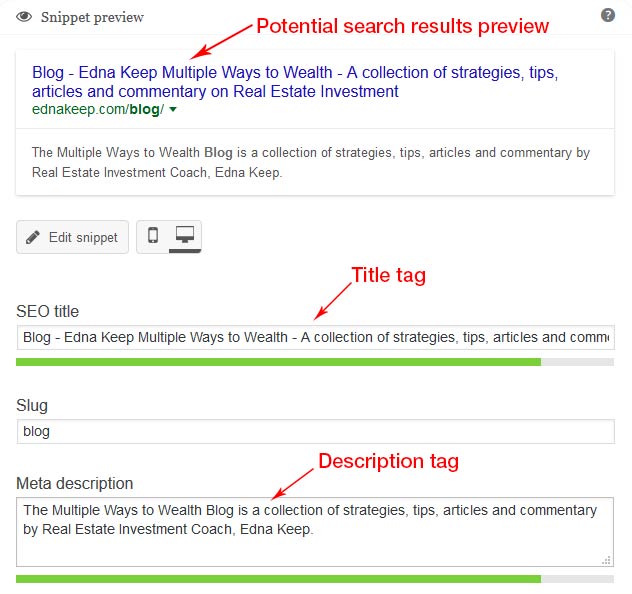Keywords used to be the main focus on an SEO campaign; Google collected information about a site strictly based on keywords that were on its pages and links. Sites could then measure their SEO campaigns success based on how the site ranked for their target keywords.
It was a simple idea and made it easy for anyone to start cramming in keywords to try and get better ranking in search results. All you needed to know was what keywords you wanted to target.
For all our sakes those easily abused practises have all but went by the wayside. As of September 9 2009 Google announced they would no longer use the keyword meta tag in web rankings and other major search engines Bing and Yahoo soon followed suite.
It is still somewhat helpful to look at your keyword ranking as it can give you some indication on how your SEO campaign is going, but the association between SEO and keyword success is much more complex than it used to be. There are now greater onsite optimization tools that can be used to vastly help your SEO.
Keyword Placement
Keywords are not completely dead as Google and other search engines still need text to figure out what your site/company is and does.
Keywords are basically information used by search engines for analysis rather than having an impact on your actual ranking.
The placement of your keywords matters FAR more than the amount of times they placed in your text.
If you have a Computer Repair Shop you should display that in the Title Tag and once in the header as it helps in ranking alot more than putting “computer repair shop” multiple times in the page text/copy.

Google and other search engines break your site into a few key areas. The Meta Information and headers are top priority (title tag, description tag), then the pages text/body copy, and lastly is the copy in the sidebars/footer.
It is very important to have great page Titles and Headers as they take high priority but you should try and not fall into only relying specific on one keyword or phrase. Don’t just put “Computer Repair Shop” as an example as the title of every Page Title and Page Description. If you do your site could be to repetitive and get a SEO penalty and rank lower.
Looking for meaning not specific keywords
When search engines look at your sites copy/information they no longer pull out keywords and pair them to someone’s search results.
Google now will self-interpret the information on your site to begin forming its own thoughts on what your site provides. That means it doesn’t matter if you used a keyword or phrase multiple time throughout your site. You could put “computer repair shop”, “broken computer fixers” and “pc repair” on different pages and Google might theoretically put you in the exact same category.
It’s more important to SEO optimize your site for a specific meaning rather than a specific word or phrase. Try not to even think about keywords when putting in page copy instead focus on relevant content and naturally build the sites text/copy as an authority in the given space.
Semantic Search?
What is semantic search? Here is an example to try and help explain it. If I searched in a search engine the phrase “computer old Regina” and if search engines went through the search phrase based on Keywords, it would look for sites with the words “computer”, “old”, and “Regina” in them, which could come back with search results of sites that have anything to do with computers, things that are old, or places located in Regina.
Instead, semantic search interprets the meaning behind the search phrase. The user is likely looking for a used computer store in Regina so a semantic search then searches for companies that might fit that description but will be ignoring keywords in favor of the meaning behind them.
As long as your content makes you seem like a used computer store and your location is listed as near Regina, you could show up in the results even if you don’t have the exact phrase of “Regina Used Computers” in your site text/copy.
In Closing
Keywords are basically dead in the water as an element of SEO.
Onsite optimization included a lot more then keyword optimization, and even keyword understanding relies more on Google’s understanding of human language then it does on your specific word choice.
Provide site users with valuable and relevant content in your related area and your rankings should increase.


Recent Comments